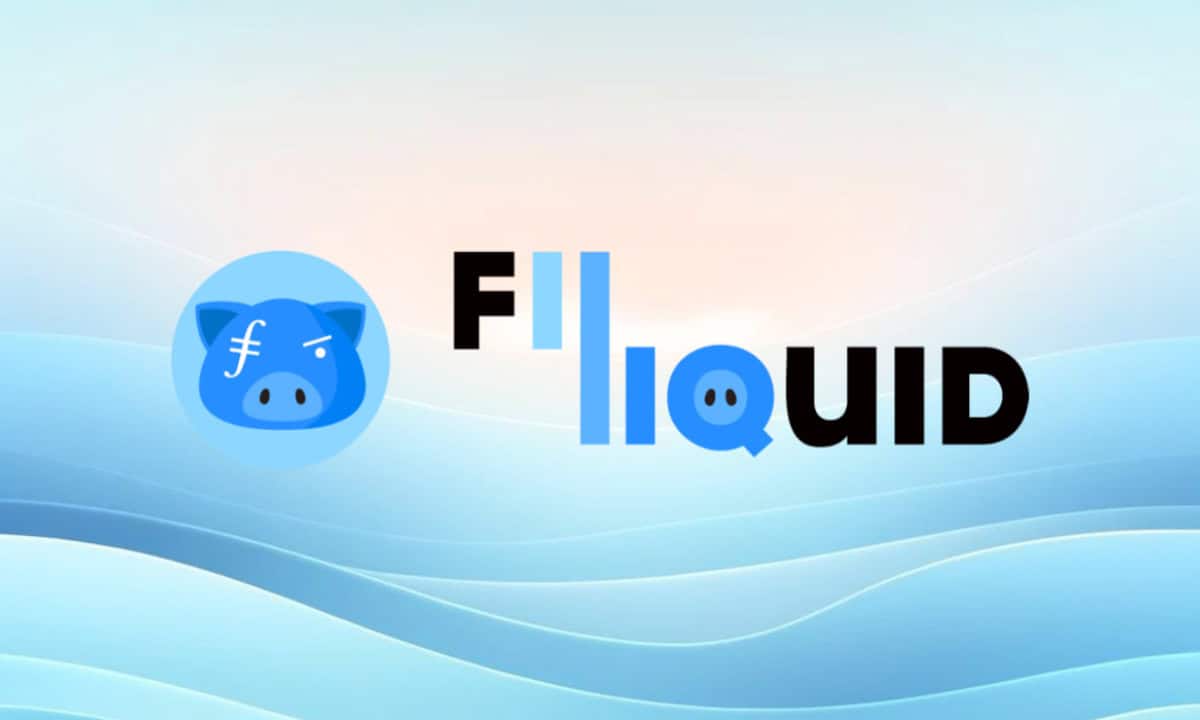[PRESS RELEASE – Berlin, Germany, July 24th, 2024]
FILLiquid, the open-sourced decentralized Filecoin-based lending platform, is thrilled to announce the official launch of its mainnet alongside the successful completion of its TGE (Token Generation Event). With this milestone, FILLiquid unveils its Filecoin liquidity pool, marking a significant advancement in Filecoin storage power growth by allowing $FIL holders to deposit tokens to earn interest and Storage Providers (SPs) to secure loans.
Following months of rigorous testing through multiple phases of an incentivized testnet, FILLiquid has successfully completed its Token Generation Event (TGE). Over 20,000 unique wallets participated in the testnet, indicating the immense hype behind the Filecoin leasing utility. The community behind FILLiquid is also growing, with over 32,000 followers on Twitter (X) and 22,000 members on its Discord server.
FILLiquid has prioritized security with comprehensive audits of its smart contracts from Salus and CertiK, complemented by an internal DeFi security team (which helps review the code). There is also a proactive ‘Bug Bounty Program’ to help guarantee the safety of user funds and platform integrity. The code for the smart contract is fully open-sourced, and its ownership is renounced, meaning it has no owner and cannot be modified by anybody – adhering to the “Code is Law’ principle.
Arthur Tan, CEO of FILLiquid, said, “The team is thrilled to utilize the platform to bridge the gap between Filecoin holders and storage providers. FILLiquid not only focuses on boosting liquidity but also on empowering users via robust security measures and governance capabilities.”
“FILLiquid is proud to be the first open-source contract project within the Filecoin ecosystem. We lead the way by giving all rights to our users through our Governance model,” said Arthur Tan. This model allows $FIL holders to participate in key decisions about the platform’s future, such as changes to the protocol parameters or the allocation of community funds. “Our mission is to provide robust financial tools that empower both Filecoin holders and storage providers, enabling sustainable growth and innovation.”
With the borrowing and lending platform now live, $FIL holders can deposit tokens into the pool to start earning interest through $FIT, a liquid staking derivative of Filecoin. Depositors can stake $FIT to farm $FIG, the governance token behind the platform, which can be utilized in governance procedures and fee-sharing. $FIG also has a deflationary mechanism through token buybacks and burns.
In the coming weeks, FILLiquid looks forward to delivering its community airdrop, launching its $FIG Staking product to introduce reward sharing, incorporating cross-chain compatibility, and announcing further partnerships within the Filecoin ecosystem.
About FILLiquid
FILLiquid is a $FIL lending protocol designed to deepen liquidity to Storage Providers (SPS), helping them achieve consistent storage power growth while allowing token holders to lease their assets. The protocol intends to solve the SP dilemma, which requires SPs to make consistent $FIL pledges to add more storage capacity to the Filecoin network by unlocking liquidity in the SPs node. FILLiquid employs an algorithmic interest rate model dictated by the utilization rate in the liquidity pool.
$FIG, FILLiquid’s native token, provides governance voting rights and allows holders to participate in revenue-sharing when staked. It also features deflationary properties through burning.
The team members behind FILLiquid are very well-versed in the crypto field, with more than seven years of experience. The product designer is a CFA-certified economist who previously worked as a researcher at the IMF and World Bank Group, providing credibility for the project. In terms of achievements, FILLiquid has already won the Ethereum and Filecoin Defy Hackathon in 2023, an event showcasing their innovation in DeFi solutions.
For more information and regular updates, users can visit FILLiquid’s official website and whitepaper, as well as the Telegram, X, GitHub, Medium, Discord, and YouTube channels.
